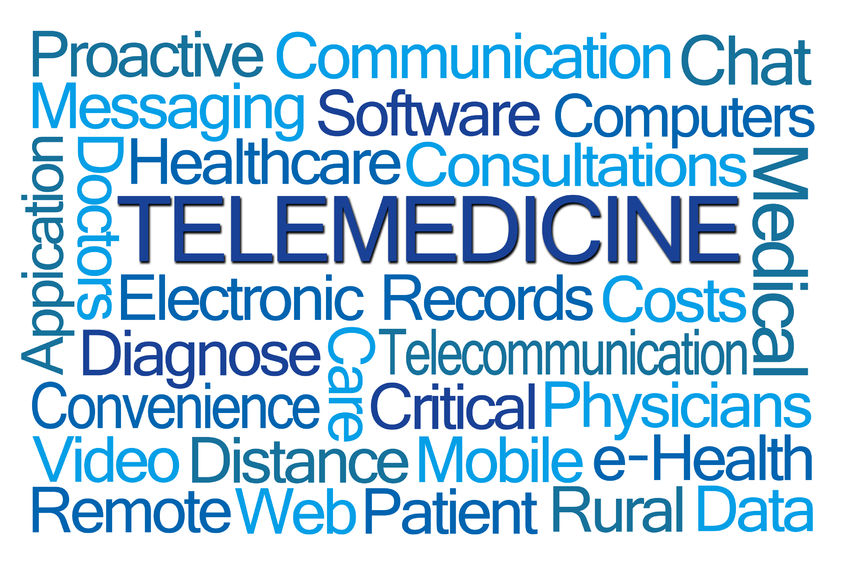In the United States, medical facilities across the country have shifted from paper-based to electronic medical records. Electronics and computer-based health care programs help physicians and medical organizations access and share important patient-care data.
Recently, telemedicine has started to become an engine for innovation in the medical field.[1] Telehealth tools promoted by telemedicine schools and companies have made remote diagnoses and consultations possible, and many hospitals, clinics, and private practices are now using telehealth to expand and improve patient care.
The marriage of telemedicine and electronic health records is not a simple task. Many regulatory, technical, and legal issues and requirements surround each area. Combining them for greatest impact will likely require legal reforms and regulatory cooperation as well as input from practitioners, hospitals, and insurers.
Privacy Laws
The impact of electronics on health records and telehealth technology reaches every part of medical practice. Privacy concerns in modern medicine relate directly to electronic health records, which are vulnerable to theft and abuse if not properly protected.
Many telehealth emergency laws relate to privacy, consent, and access to medical records. Practitioners must observe the Security Rule and Privacy Rule of HIPAA when storing, using, or transferring medical records.[2] When delivering telehealth care, laws may require security features to encrypt consultations involving:
• Streaming video
• Podcasts
• Live broadcasts
• Stored broadcasts
• Teleconferencing
Cybersecurity Concerns
Telemedicine can be used to help treat chronic diseases like diabetes. It is also a helpful tool for delivering psychiatric treatment and specialty care in areas such as dermatology. In all of these applications, issues and liability concerns related to data security arise. After many cyberattacks and breaches of medical systems, security is a major focus of discussion in the field of telemedicine.
The issues of privacy go beyond HIPAA and duties of care. To protect patient records, telemedicine must address the constant threat posed by cyberattacks. Many states, including New Jersey, have amended requirements for electronic medical records in an effort to enforce standardized methods of providing cybersecurity.[3] When combining telemedicine and electronic medical records, medical care management professionals must stay current with ongoing changes to laws and regulations related to data sharing.
Sign-up And Start Seeing Patients Now!
References:
[1] https://www.hhnmag.com/articles/8119-ways-hospitals-are-innovating-with-telehealth?utm_campaign=032117&utm_medium=email&utm_source=hhndaily&eid=257907008&bid=1699084
[2] https://chironhealth.com/definitive-guide-to-telemedicine/telemedicine-info-healthcare-providers/hipaa-compliance/
[3] https://legiscan.com/NJ/bill/S562/2014


Hi, this is a comment.
To get started with moderating, editing, and deleting comments, please visit the Comments screen in the dashboard.
Commenter avatars come from Gravatar.